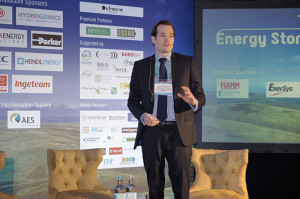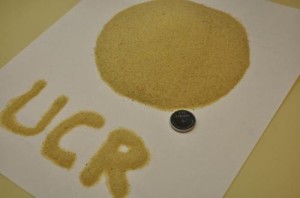
Multi-Scale Renewable Energy Storage (MRES) 2014
The 2nd Annual “Multi-Scale Renewable Energy Storage – MRES 2014″Conference
Northeastern University in Boston, August 19-21, 2014
The meeting will focus on the science, technology, policy and entrepreneurial challenges for enabling new novel energy storage solutions for the future sustainable green energy initiatives.
Conference highlights:
• Aqueous and non-aqueous flow batteries
• Next generation battery technologies and materials challenges
• Graphene, sodium and other new energy storage technologies
• Fuel cells and hydrogen storage development and infrastructure
• Safety, reliability and reproducibility across technologies and applications
• System integration, implementation and industrial application
• Government perspective and funding opportunities
Find out more.
This was posted in the ECS group on LinkedIn. Join us!
The 8th Energy World Forum
Rome, May 19-21, 2015
Each year more than 30 of the world’s leading Utilities/TSOs/DSOs gather at this exclusive Annual Forum to shape the future of Energy Storage. Find out more.
PS: Speaking of meetings in general, the 2014 ECS SMEQ Joint International Meeting in Cancun Mexico is Oct. 5-9. Early-bird registration is now open.







